Unlock SEO success: Learn how we use HubSpot Content Hub for SEO, boost rankings, increase organic traffic, and optimize our content for success.
SEO vs. PPC: When to pay and when to optimize?
SEO versus PPC—the debate rages on.
When driving more traffic to your website, some will tell you the only way to go is to hire an SEO consultancy to ensure you're 100% optimized. And in the other corner, you've got those who say Pay-Per-Click (PPC) is the only tried and true way to generate traffic by putting your name and product in front of new eyeballs.
And each side has a ready quiver of arguments regarding traffic and lead generation, both in favor of their preferred method and against the other team in equal measure.
Why Does it Matter?
-
SEO costs little to nothing initially but can take months or even years to see results. SEO is a long-term strategy that requires consistent effort to create high-quality content, build strong backlinks, and optimize your website for search engines. However, once you've reached the top of the SERPs, you can reap the rewards of a steady flow of organic traffic lasting for years.
-
PPC costs money whenever someone clicks on your ad, but you can see results immediately. PPC is a targeted approach that enables you to aim for specific keywords and phrases with your advertisements. Once someone searches for your target keywords, your ad will appear at the top of the search results, and you only pay if the viewer clicks on it. The moment you stop paying, your traffic stops.
-
SEO can help you rank higher in search engine results pages (SERPs), leading to more organic traffic to your website. To climb the ranks on search engine results pages, Google rewards websites with top-notch content, targeted keywords, and authoritative backlinks. By implementing SEO best practices, you can enhance your website's ranking on the SERPs and draw in a steady stream of organic traffic.
-
PPC can help you get more traffic to your website immediately, but it can be expensive if you're not careful. To effectively use PPC, it's crucial to bid on pertinent keywords and phrases. However, be mindful not to overspend on your campaign and monitor your ROAS.
-
SEO is a long-term strategy, while PPC is a short-term strategy. SEO is a marathon, not a sprint. It may take time to see results, but the payoff can be substantial in the long run. Meanwhile, PPC is a sprint that can deliver quick results but requires careful monitoring to ensure it doesn't become an expensive and unsustainable investment.
You might also like:
Just What Are SEO & PPC?
Before we get too far into the weeds, let's pause for a quick definition of terms. SEO stands for Search engine optimization and refers to tactics and activities that work together to drive your page up the rankings on search engine results pages. The ultimate goal of SEO is to rank above the fold on the first page of results for your chosen keywords.
This is a long game to increase the visibility of your website. Using keywords you choose, you optimize each page of your site, from the home page to individual blog posts and even the About Us page, so that each page will rank when someone searches for those keywords. There are both on- and off-page techniques for achieving this; however, that's for several other posts. For today, what's important to keep in mind is that SEO is a significant topic that boils down to optimizing your website for organic search results to eventually increase traffic and lead conversions. Many of these practices are technically free, as you can do them yourself instead of hiring an agency, so you're only spending your time getting it done.
On the other hand, PPC is all about paying for display ads to drive visitors to your site from other sites. Because you typically only pay when someone clicks through from your ad, PPC is a tried and true method to drive new visitors to your site.
You set this up by joining an advertising network like Google AdWords, creating the display ad itself, and setting up the targeting parameters you want to ensure the ad is served to the people you deem most likely to enjoy your product.
This is an excellent method for startups to employ early on, as they aren't likely to have an extensive network of existing customers and will need to be seen by an entirely new audience before that happens. PPC ads are seen anytime a person is browsing one of the sites in your ad network (as long as they don't have an ad blocker installed), and they can click through to whatever page you want them to see. That means you can create different landing pages for various campaigns or different segments of your target audience, allowing for a high degree of customization and personalization of the pages you employ.
Benefits of SEO
Organic leads are strong leads, as the person has already indicated an interest in your subject by using a search engine to look for links with appropriate keywords. You must optimize your pages to rank for those words, and your audience will find you. The tactics employed can be conducted in-house, with input from your marketing and sales teams to be choosing the right keywords, short-tail, long-tail, and semantic ones to target.
- Short-tail keywords: single words or pairs of words you want to rank for. Example: marketing, content marketing, or SEO marketing.
-
Long-tail keywords: combinations of keywords, usually in a sentence. Example: Content marketing for SEO.
-
Semantic keywords: People use sentences to search from mobile devices with voice recognition enabled. Example: How do I optimize my content marketing for better SEO?
Search is the #1 driver of new visits to content-based websites, beating social media by an estimated 300%. That means that if you have a solid content marketing strategy, combining it with a strong SEO optimization program is a surefire way to drive traffic. Just remember, this is a long-haul tactic, you won't see results immediately, but you should start to see a difference somewhere in the 6-9 month range from initiating the campaign. SEO is also the epitome of inbound marketing since you are doing the behind-the-scenes work to guarantee that your audience sees the content they want and that you want them to see.
Benefits of PPC
First and foremost, paying for clicks ensures that your ad drives new visitors to your site. This system is also immune to Google (and other search engines) changing their algorithm, which they do nearly constantly. PPC is also an excellent way for startups to begin building their contact list, as you can direct clicks to a gated content page where visitors enter their email addresses to receive an eBook, entry into a contest, or something similar.
PPC is also a reliable method to use for testing keywords. With an ad network like Google AdWords, you can set up your ads with targeting parameters that include specific keyword searches. Setting up an A/B test where you change only the keywords is a great way to compare the traffic you generate from each.
Bottom Line, Which is Better, SEO or PPC?
It boils down to timing and your precise situation. For a long-term solution, look to SEO, as the results of a properly optimized website are up to 5.7 times better than PPC results. On the other hand, for short-term traffic-driving excellence or startup contact database building, look no further than a strong PPC campaign.
SEO is a long game. When settling in for the long haul and your company is established, you want to be sure you have a well-optimized site, a solid SEO foundation, and a set of metrics to watch.
PPC is an outbound technique that should be used cautiously; you don't want your ads to become off-putting or your audience to tire of seeing your logo on every page they browse. You must also contend with the ~80% of internet searchers who ignore the paid results.
So in truth, the bottom line is more of a wavy line, as both are effective tactics that nearly any company can and should employ. When used appropriately, SEO and PPC can effectively drive traffic to your site, and both have a place in any well-rounded marketing campaign.
Need help to figure out where to start with PPC? Or how to make your campaigns even better? We can help!
This content is also available in:
- German: SEO vs. PPC: Wann soll man zahlen und wann soll man optimieren?
- Spanish: SEO frente a PPC: ¿cuándo pagar y cuándo optimizar?
- French: SEO vs. PPC : Quand payer et quand optimiser ?
- Italian: SEO vs. PPC: quando pagare e quando ottimizzare?
- Romanian: SEO vs. PPC: Când să plătiți și când să optimizați?
- Chinese: 搜索引擎优化与 PPC:何时付费,何时优化?




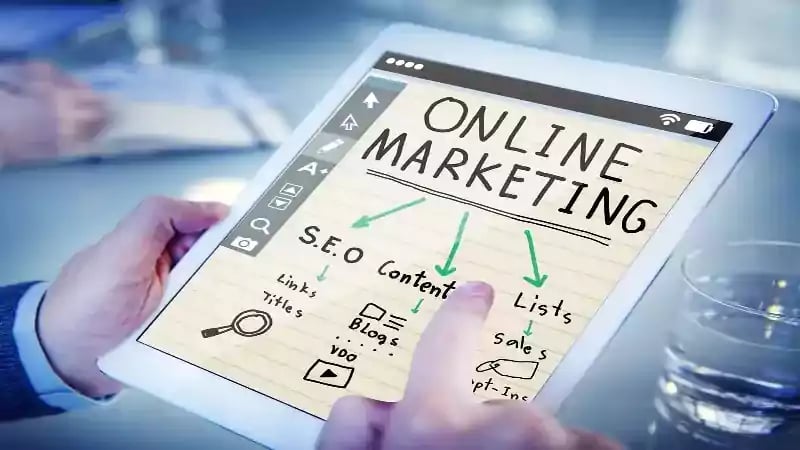
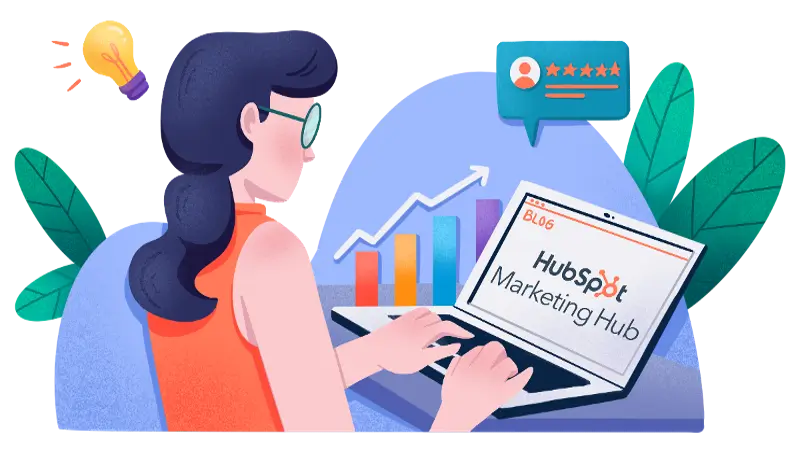
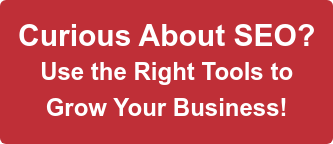
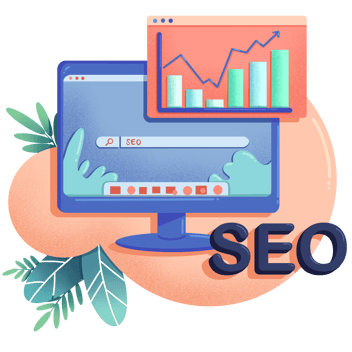
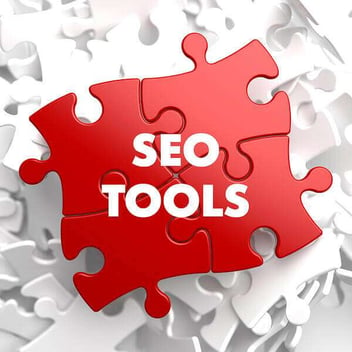

Leave a Comment